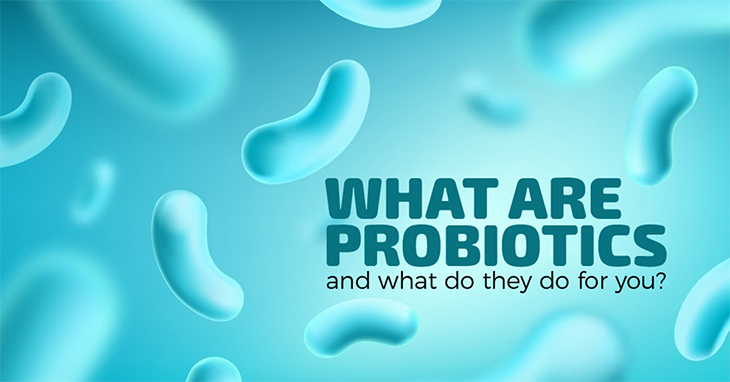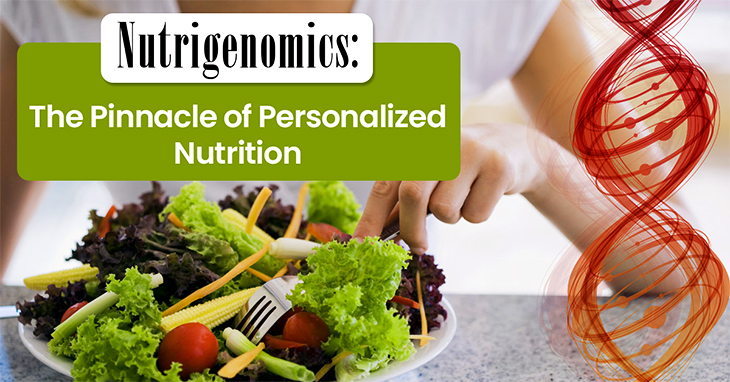Good Food, Good Mood: How to Eat to Reduce Stress
Category: Healthy Nutrition

Managing stress can be a daily battle. It can seem easy on some days and almost impossible on others. And while there are many adjustments you can make to your lifestyle that can help reduce stress, like better sleep and exercise, there are also adjustments you can make to your diet that help as well. Here are a few tips on what to eat and what to avoid when managing your stress.

The key is reducing cortisol
For stress management, you want to add food to your diet that helps reduce cortisol. Cortisol is the primary hormone responsible for stress. This hormone is actually released by your body to manage stress since it helps reduce inflammation, regulate sleep cycles, and control blood pressure, but it’s only meant as a short-term solution. In the long-term, an excess amount of cortisol creates more stress in the body and causes inflammation. In order for a food to reduce stress, it needs to help reduce inflammation and thereby reduce cortisol levels. Thankfully, you have a lot of options.
Stress-reducing foods to add to your diet
- Foods with vitamin B. Beef, chicken, eggs, and fortified whole grains are all sources of B vitamins that can help your body metabolize cortisol.
- Foods with omega-3 fatty acids. Omega-3s help reduce inflammation, and you can find them in fatty fishes like salmon, tuna, mackerel, and sardines. They can also be found in avocados, walnuts, flax seeds, and olive oil.
- Foods with magnesium. Magnesium helps relax your body and mind, reduce inflammation, and metabolize cortisol. You can find it in avocados, bananas, broccoli, spinach, and dark chocolate (aren’t you happy to learn THAT?!).
- Foods with protein. This one may surprise you, but meat, fish, poultry, beans, and legumes help balance blood sugar levels, which is key to managing stress.
- Foods with probiotics. At least 70% of your immune system is in your gut, and probiotics help keep it healthy. Some good sources of probiotics are Greek yogurt, kimchi, sauerkraut, kefir, and kombucha.
Foods to avoid when managing stress
While all of the above food choices are good options, there are some foods that raise cortisol levels and put stress on your body. Processed foods, simple carbohydrates, high-sugar foods, caffeine, soda, and alcohol should be avoided or taken in moderation.
Eat well and be well
While these foods will help you manage stress, remember to adopt healthy habits that help as well. Your nutrition should be complemented by adequate sleep, regular exercise, and taking time to relax. Keep this in mind and you’ll be well on your way to better stress management.
For more information and recommendations, contact me at Jerry@fit4lifellc.com, or visit my Wellness Center!



Facebook Comments